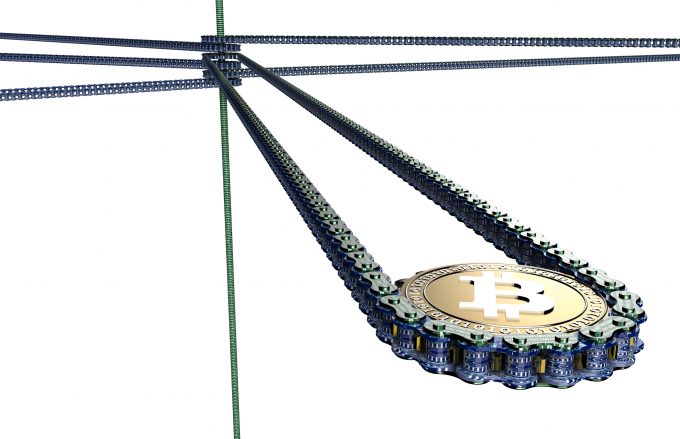Wallenius Wilhelmsen buys into blockchain supply chain specialist Vinturas
Ro-Ro line Wallenius Wilhelmsen has acquired a stake in Vinturas, a blockchain-based supply-chain visibility platform ...

Never let it be said again that the freight industry is slow to adopt new technologies.
Just a few weeks after a senior consultant told The Loadstar that blockchain technology would not be used in logistics before 2018, a freight forwarder has announced its first deployment.
Marine Transport ...

Comment on this article